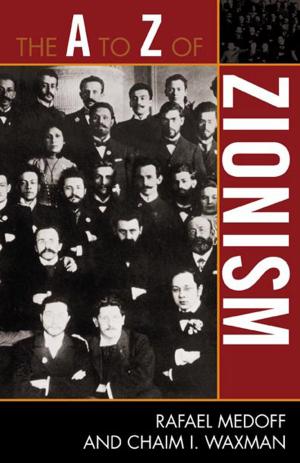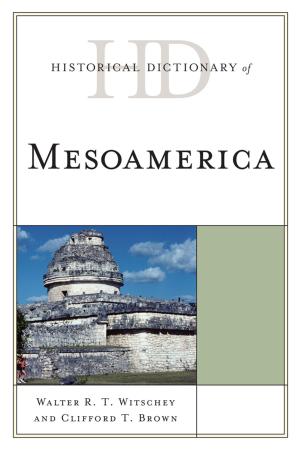| Author: | Duncan Richter | ISBN: | 9781461731856 |
| Publisher: | Scarecrow Press | Publication: | February 12, 2010 |
| Imprint: | Scarecrow Press | Language: | English |
| Author: | Duncan Richter |
| ISBN: | 9781461731856 |
| Publisher: | Scarecrow Press |
| Publication: | February 12, 2010 |
| Imprint: | Scarecrow Press |
| Language: | English |
Ludwig Wittgenstein (1889-1951) was undoubtedly one of the most important philosophers of the 20th century, and perhaps of any century. He was also a fascinating, charismatic, and irritating man. His philosophical ability was recognized almost immediately by Bertrand Russell, and during his lifetime his work influenced first logical positivism and then ordinary language philosophy. Since then it has also become central in post-analytical philosophical thought. Beyond the world of academic philosophy it has inspired playwrights, poets, novelists, architects, filmmakers, and biographers.
The A to Z of Wittgenstein's Philosophy is intended for anyone who wants to know more about the philosophy and the life of this enigmatic thinker. The book contains an introductory overview of his life and work, a timeline of the major relevant events in and after his life, an extensive bibliography, and, above all, an A-Z of ideas, people, and places that have been involved in his philosophy and its reception. The dictionary is written with no particular agenda and includes entries on philosophers (and others) who influenced Wittgenstein, those he influenced in turn, and some of the main figures in contemporary Wittgenstein scholarship. Suggestions for further reading are also included, as well as a guide to the literature on Wittgenstein and a bibliography broken down by subject area.
Ludwig Wittgenstein (1889-1951) was undoubtedly one of the most important philosophers of the 20th century, and perhaps of any century. He was also a fascinating, charismatic, and irritating man. His philosophical ability was recognized almost immediately by Bertrand Russell, and during his lifetime his work influenced first logical positivism and then ordinary language philosophy. Since then it has also become central in post-analytical philosophical thought. Beyond the world of academic philosophy it has inspired playwrights, poets, novelists, architects, filmmakers, and biographers.
The A to Z of Wittgenstein's Philosophy is intended for anyone who wants to know more about the philosophy and the life of this enigmatic thinker. The book contains an introductory overview of his life and work, a timeline of the major relevant events in and after his life, an extensive bibliography, and, above all, an A-Z of ideas, people, and places that have been involved in his philosophy and its reception. The dictionary is written with no particular agenda and includes entries on philosophers (and others) who influenced Wittgenstein, those he influenced in turn, and some of the main figures in contemporary Wittgenstein scholarship. Suggestions for further reading are also included, as well as a guide to the literature on Wittgenstein and a bibliography broken down by subject area.















